Breaking News: Global Effort to Save Microbes Unveiled
In a groundbreaking move, researchers have launched the first coordinated plan to protect microbial biodiversity, a move hailed as a crucial step in safeguarding the planet's essential systems. The International Union for Conservation of Nature (IUCN) has formally recognized this effort through the creation of the Microbial Conservation Specialist Group. This historic initiative brings microbial life to the forefront of global conservation action, with scientists developing new metrics, policies, and restoration tools to protect the invisible communities that keep Earth functioning.
The roadmap, unveiled on November 20, 2025, is the result of a collaborative effort between researchers from around the world. It outlines ambitious goals, including the creation of microbial hotspot maps and the development of new microbe-based conservation solutions. The initiative aims to make microbial life a core part of global conservation action, with a focus on protecting the 99% of life that remains invisible to the naked eye.
The immediate impact of this effort is already being felt, with conservation organizations and governments around the world expressing support for the initiative. The IUCN has pledged to work closely with the Microbial Conservation Specialist Group to integrate microbial conservation into its global conservation strategy.
The importance of microbial conservation cannot be overstated. Microbes play a critical role in maintaining the planet's ecosystems, from decomposing organic matter to producing essential nutrients. However, their habitats are under threat from human activities such as deforestation, pollution, and climate change.
The creation of the Microbial Conservation Specialist Group marks a significant shift in the way we approach conservation. By recognizing the importance of microbial life, we can begin to develop more effective strategies for protecting the planet's ecosystems. The roadmap unveiled on November 20, 2025, is a crucial step in this process, and its implementation will be closely watched by conservationists and scientists around the world.
As the initiative moves forward, researchers will continue to develop new tools and policies to protect microbial biodiversity. The creation of microbial hotspot maps will provide critical information on areas of high microbial diversity, while new microbe-based conservation solutions will help to restore degraded ecosystems. The future of microbial conservation looks bright, and this historic initiative is set to make a significant impact on the planet's ecosystems.
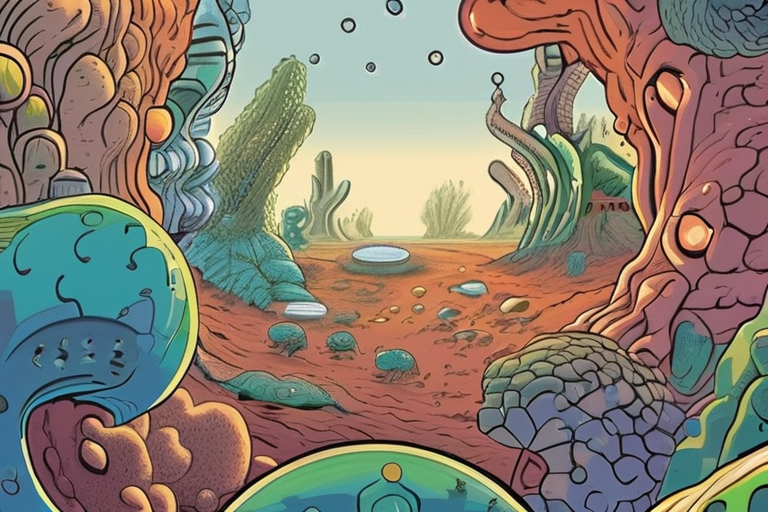




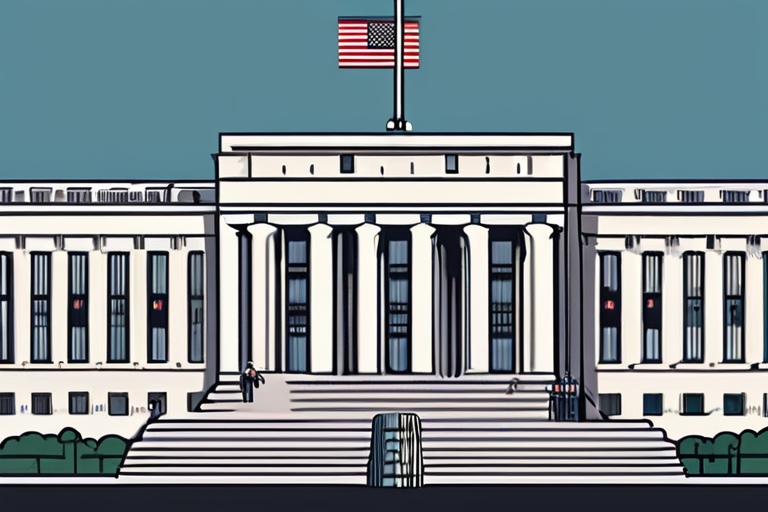

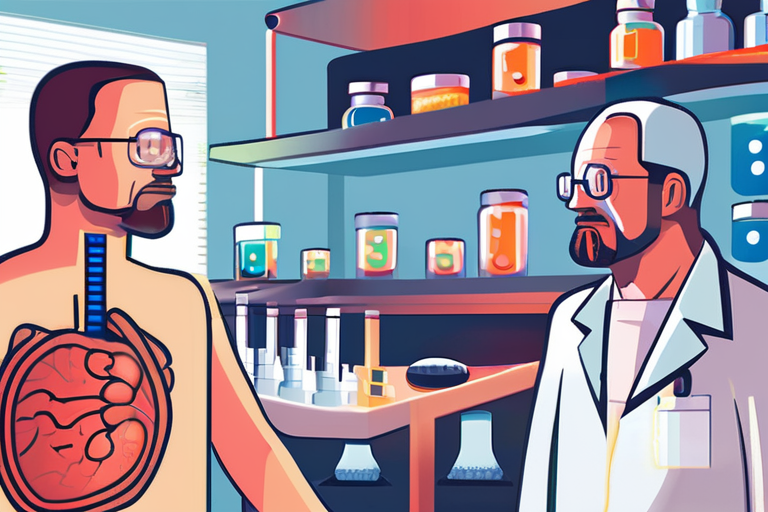

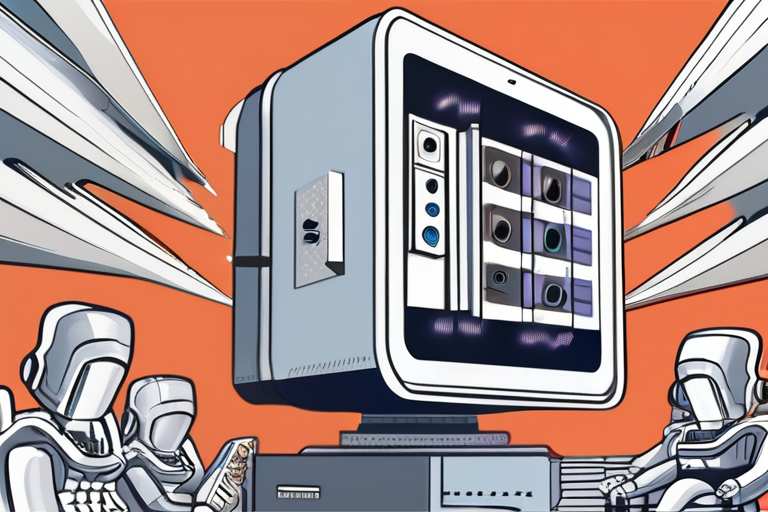
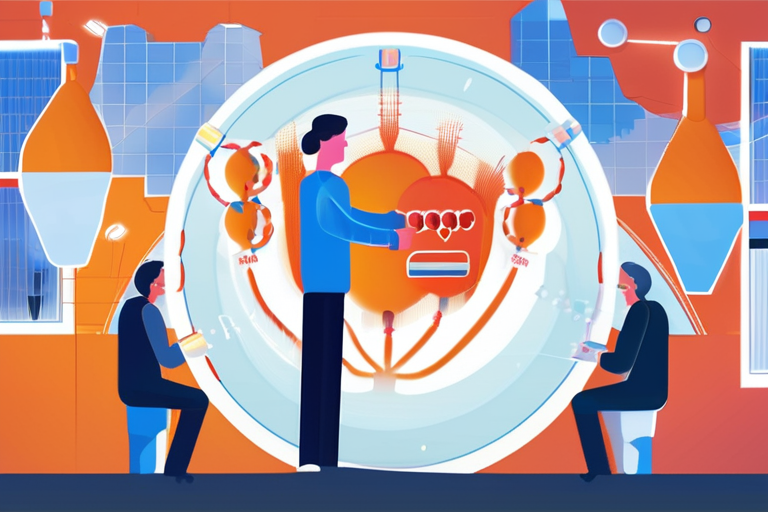



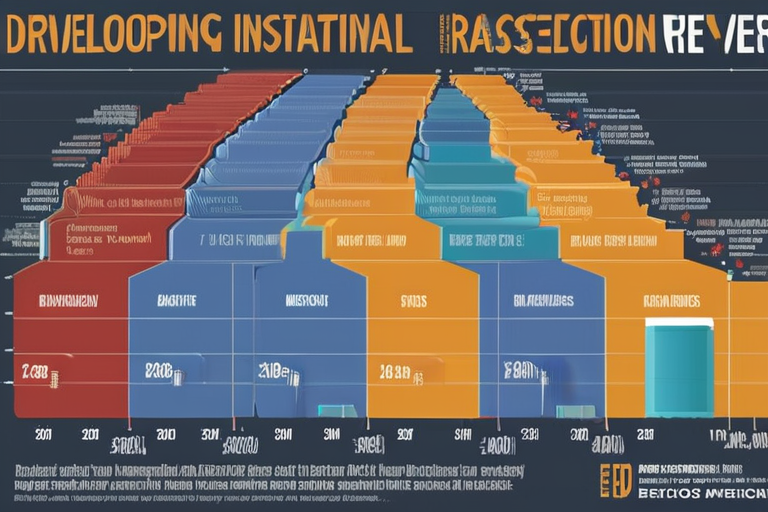


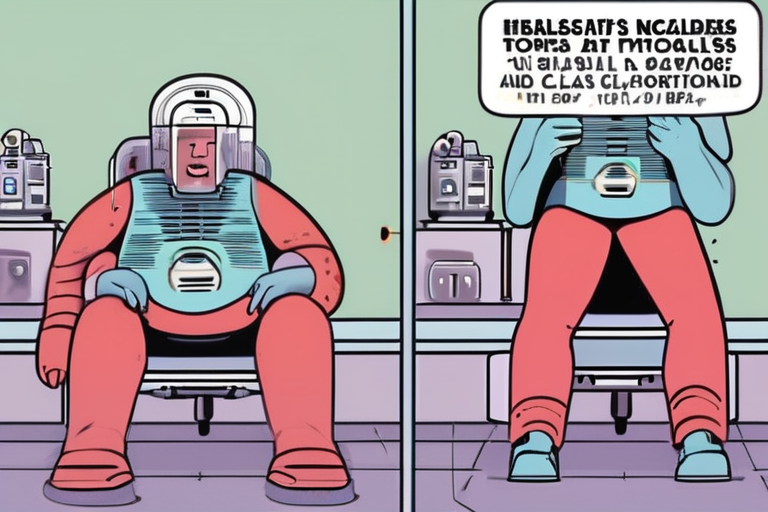
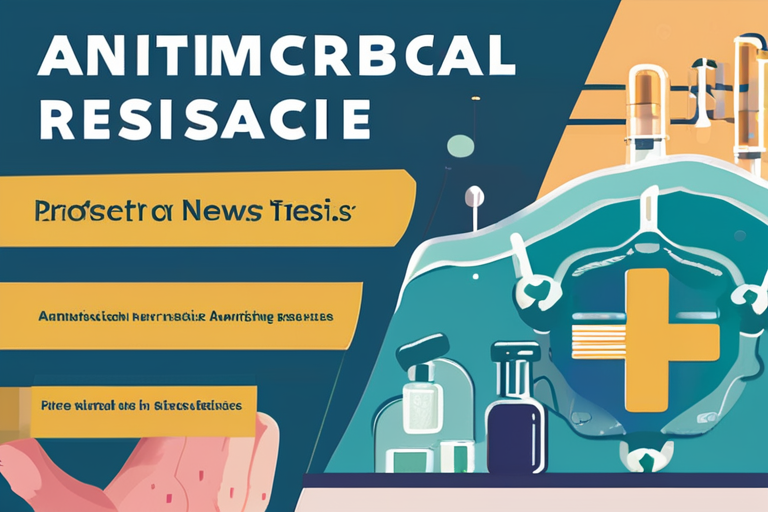
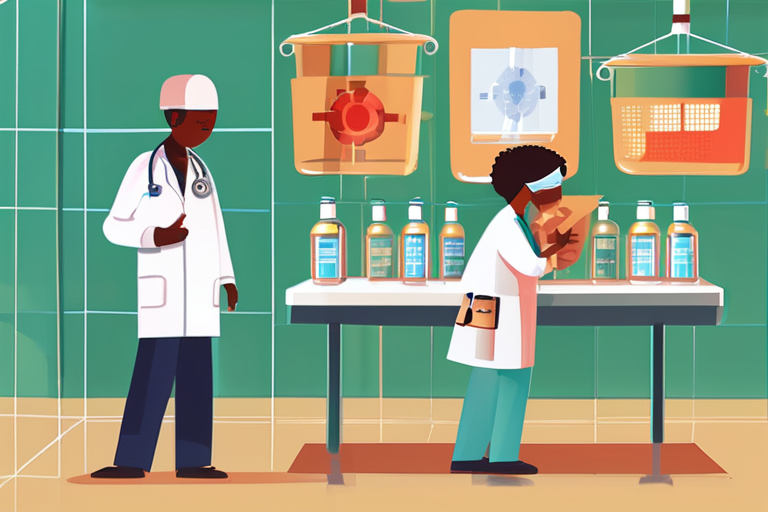

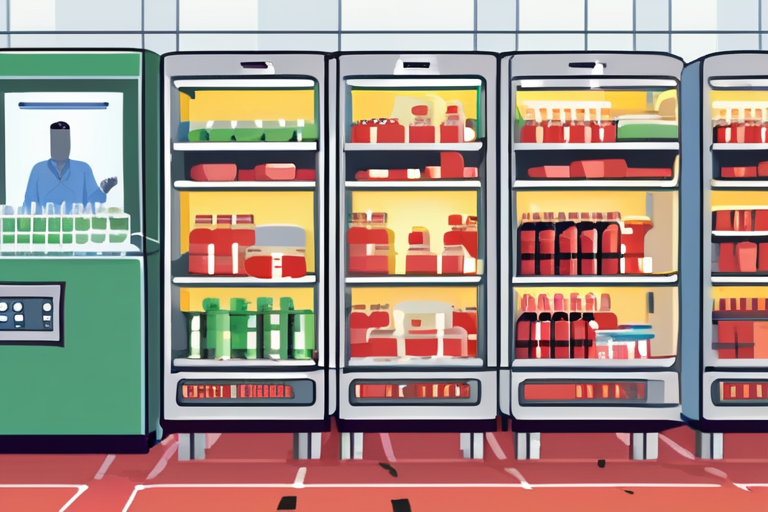
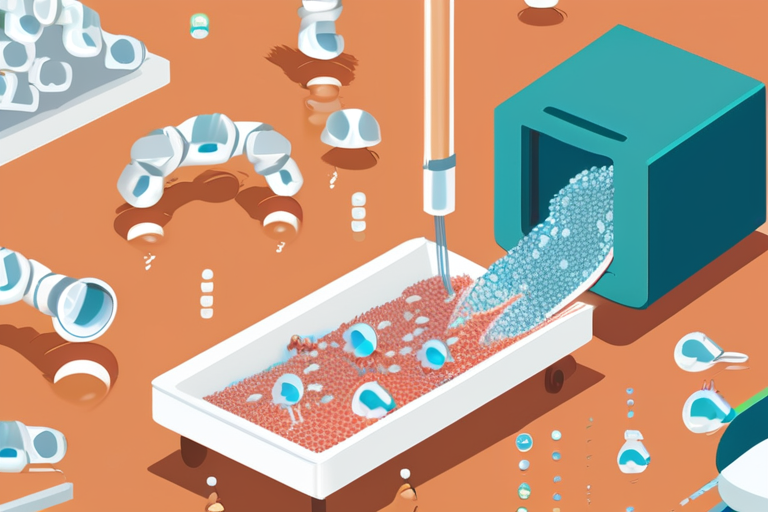
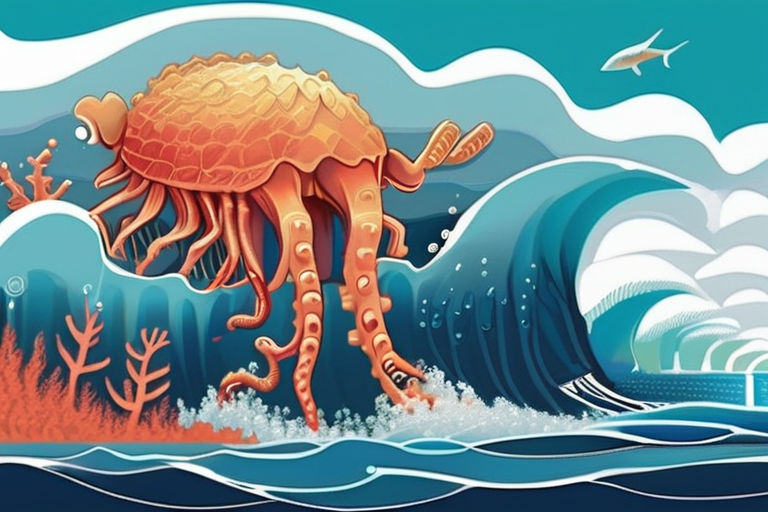


Share & Engage Share
Share this article